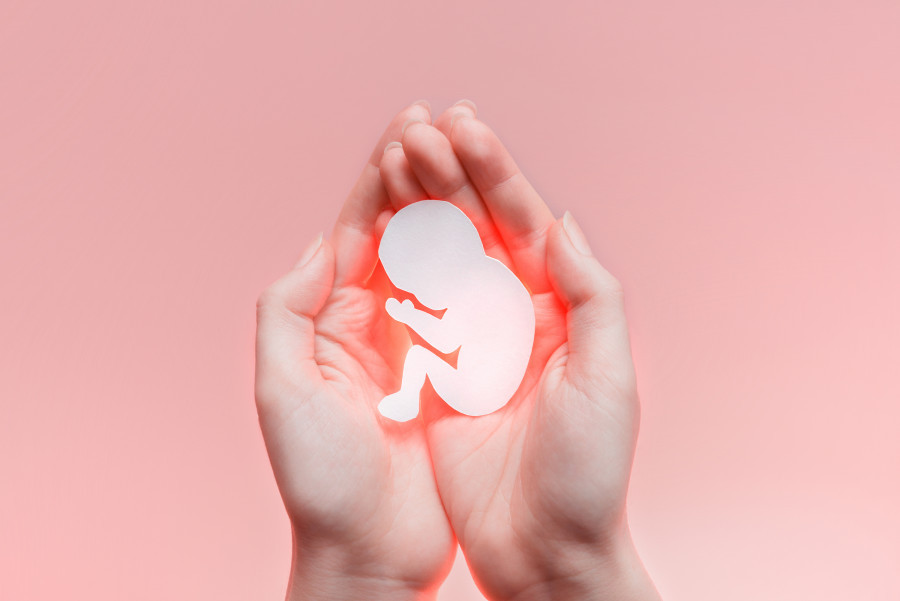Health
Restricting access makes abortion more deadly, UN says
United Nations sexual and reproductive health agency warns of global implications of new restrictions to access to abortion.
Post Report
United Nations sexual and reproductive health agency has said that there could be global implications of new restrictions to access to abortion.
Data show that restricting access to abortion does not prevent people from seeking abortion, it simply makes the procedure more deadly, the United Nations Population Fund (UNFPA) said on Friday in a statement.
The statement comes days after the United States Supreme Court overturned the landmark 1973 Roe v. Wade ruling that recognised women’s constitutional right to abortion, a decision that has received widespread condemnation.
The court, in a 6-3 ruling powered by its conservative majority, on June 24 upheld a Republican-backed Mississippi law that bans abortion after 15 weeks of pregnancy.
As the 2022 State of World Population report reveals, the UNFPA said in the statement, nearly half of all pregnancies worldwide are unintended, and over 60 percent of these unintended pregnancies may end in abortion.
“A staggering 45 per cent of all abortions around the world are unsafe, making this a leading cause of maternal death,” it added. “Almost all unsafe abortions currently occur in developing countries, and UNFPA fears that more unsafe abortions will occur around the world if access to abortion becomes more restricted.”
The UN agency said that decisions reversing progress gained have a wider impact on the rights and choices of women and adolescents everywhere.
“The 1994 Programme of Action of the International Conference on Population and Development (ICPD), signed by 179 countries including the United States, recognised how deadly unsafe abortions are and urged all countries to provide post-abortion care to save lives, irrespective of the legal status of abortion. It also highlighted that all people should be able to access quality information about their reproductive health and contraceptives,” it said. “As the United Nations sexual and reproductive health agency and the custodian of the ICPD, UNFPA advocates for the right of all couples and individuals to decide freely and responsibly the number, spacing and timing of their children and to have the information and means to do so.”
The UN Sustainable Development Goals, particularly SDG 3 related to maternal health, to which all UN Member States have committed, are at risk of not being met if unsafe abortions continue, it added.
Earlier on January 24, hours after the US court overturned the 1973 decision legalising abortion, the United Nations warned that restricting abortion would make it more deadly.
Restricting access to abortion does not stop people seeking the procedure “it only makes it more deadly,” a spokesman for UN Secretary-General Antonio Guterres said, according to Reuters.
“Sexual and reproductive health and rights are the foundation of a life of choice, empowerment and equality for the world’s women and girls,” spokesman Stephane Dujarric told reporters. “Restricting access to abortion does not prevent people from seeking abortion, it only makes it more deadly.”
In Nepal, according to the UN agency, nearly half of the pregnancies are unintended and close to two-thirds of them end in abortion.
As per the UNFPA’s State of World Population 2022, half of the 1.2 million pregnancies in 2017 in Nepal were unintended and nearly 359,000 were aborted.
Abortion was legalised in Nepal in 2002, a milestone for women’s reproductive rights, their empowerment, and their right to bodily autonomy. With legalisation, prosecution and jail terms for women who terminated unwanted pregnancies ended and unsafe abortions decreased dramatically.
Consequently, between 1996 and 2016, the maternal mortality rate fell from 539 to 239, achieving the Millennium Development Goal—a feat for which the legalisation of abortions played a significant role, doctors say.




 19.35°C Kathmandu
19.35°C Kathmandu














